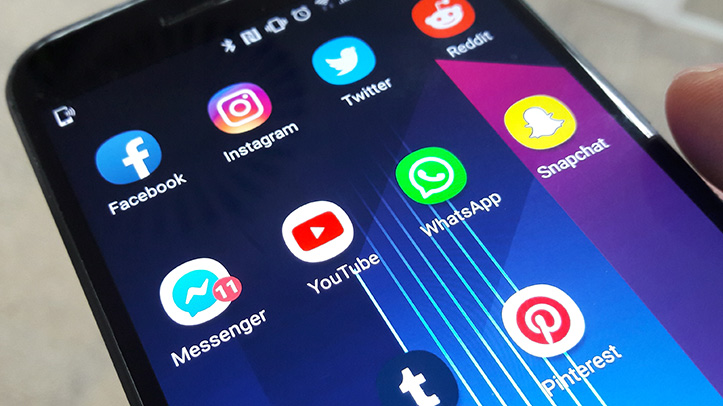The World Wide Web at 30: Re-imagining a web built for children
20 May 2019 01:01 PM
Between 9 – 10 May, the Children’s Commissioner for England, Anne Longfield, hosted a conference on children’s digital rights at BBC Salford for ENOC – the network of Children’s Commissioners and Ombudsmen from all over Europe. Pupils from two local schools, Chorlton High School and Manchester Communication Academy, joined the conference for a session in which they put their questions to representatives of some of the biggest social media companies.

Chorlton High School kicked off the session by setting out what the digital world would look like if it was built for young people like them. Here is what they said (17 May 2019):
On behalf of the children in the UK, we thank you for inviting us here today and allowing our voices to be heard.
In the early 1980s, when Microsoft was first starting out, Bill Gates was quoted as saying that his vision for the future was to have a computer in every home in America. At the time all the experts said that this was not only a ridiculous idea, but that nobody would need a computer in their home, businesses are the only use for computers. Nearly 40 years on and this ‘ridiculous’ vision was not only realised, but was wildly naive. Now every person, young and old, rich and poor has a computer in their pocket. In just 40 years’ this technology has gone from science-fiction to the very fabric of modern society, normal for every user. But we ask, how much do we know about the impacts of this technology. Like Bill Gates in the 1980s, we can have a vision or an idea of how important or dangerous this technology is, but like Bill, will our ideas be wildly underestimated and will the impact be too great to comprehend.
As teenagers living in the 21st century we have grown up in a world connected. The internet was invented long before we were born. It made its way into our homes with our parents’ generation. We have never known a world without the internet, without YouTube, Google or Facebook. Our homework is done through trawling Wikipedia pages and not the aisles of our local library. We listen to music through streaming services such as Spotify, and not on our personal Walkman. We watch YouTube videos about literally everything. It is there if we want to understand a complicated science theorem or how to use makeup to contour our face. We use it when communicating with our friends across multiple platforms, SnapChat, Instagram, iMessage and WhatsApp, instead of having to ‘knock on’ or phone their home to see if they were coming out. We can communicate now more freely and more widespread than ever before. We have been born into the widest community of friends you could possibly imagine, THE DIGITAL WORLD.
The internet gives many children the opportunity to experience their rights outlined in the UNCRC: Article 13 – Freedom of expression; Article 15 – Freedom of association; Article 17 – Access to information from the media; Article 31 – leisure, play and culture.
Click here for the full press release